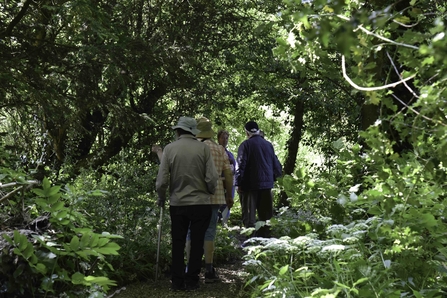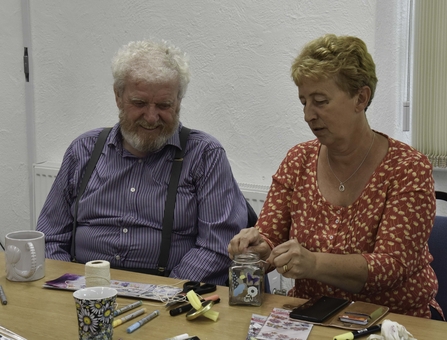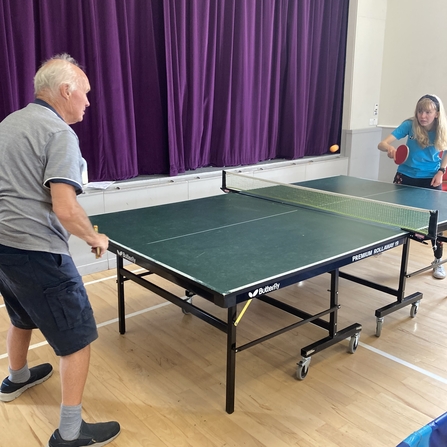While I’m pretty good at identifying rockpool creatures and marine mammals, my terrestrial plant knowledge is somewhat lacking. After a few years of killing houseplants, I decided to keep cactuses - as they are impossible to kill (or so I thought).
This was the case until earlier this year, when I started learning all about garden plants and how keep them alive and thriving.





